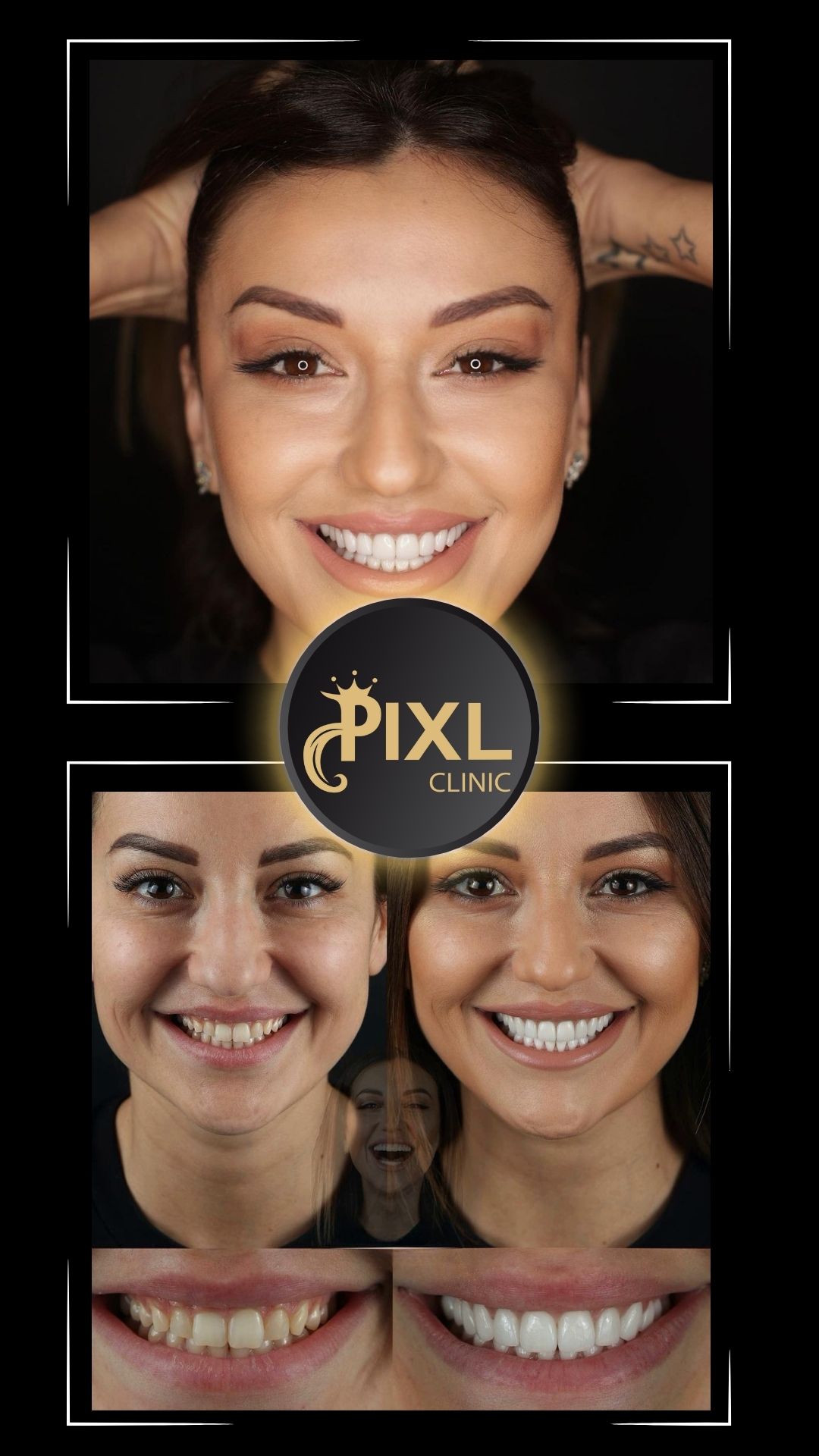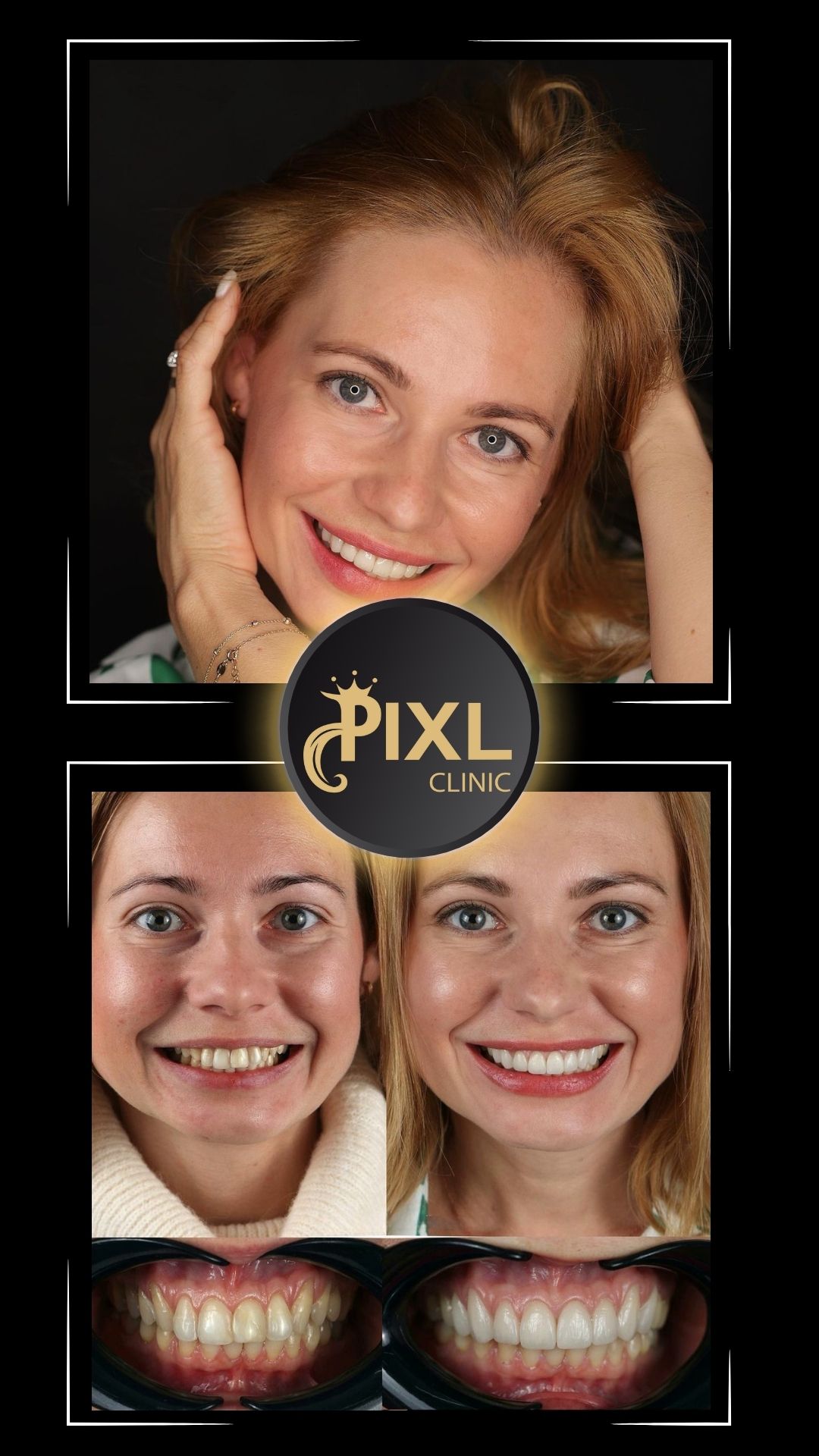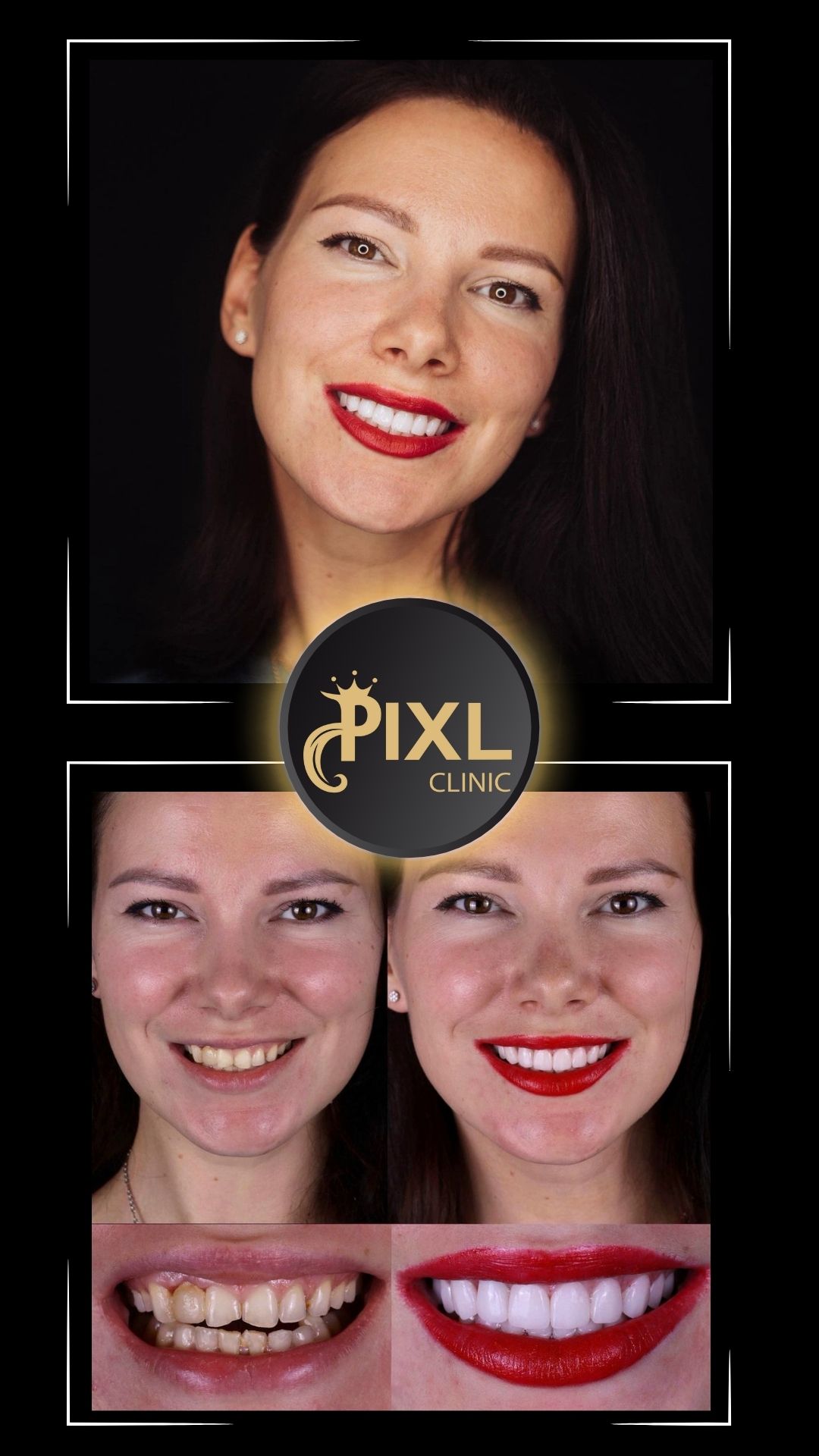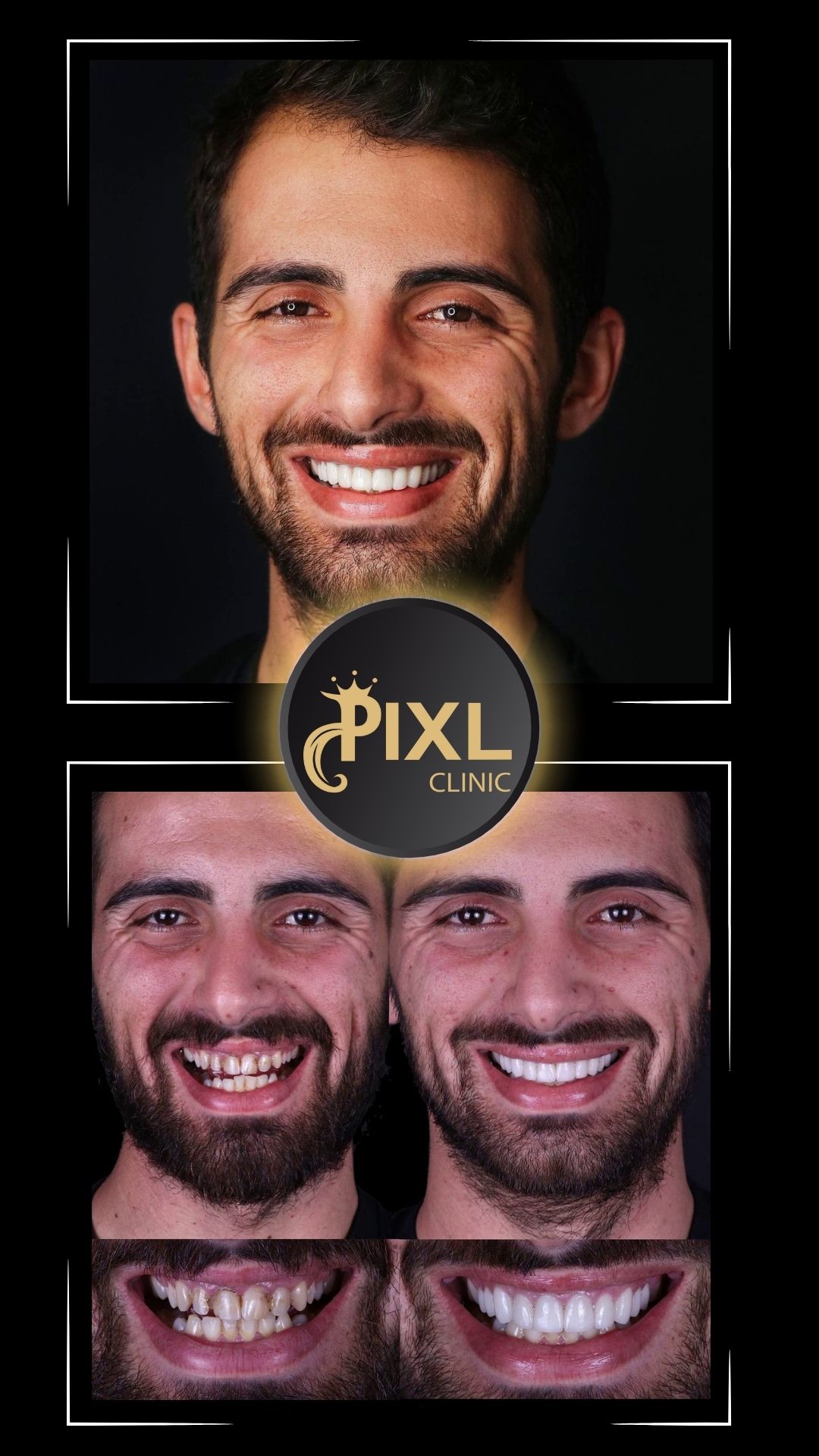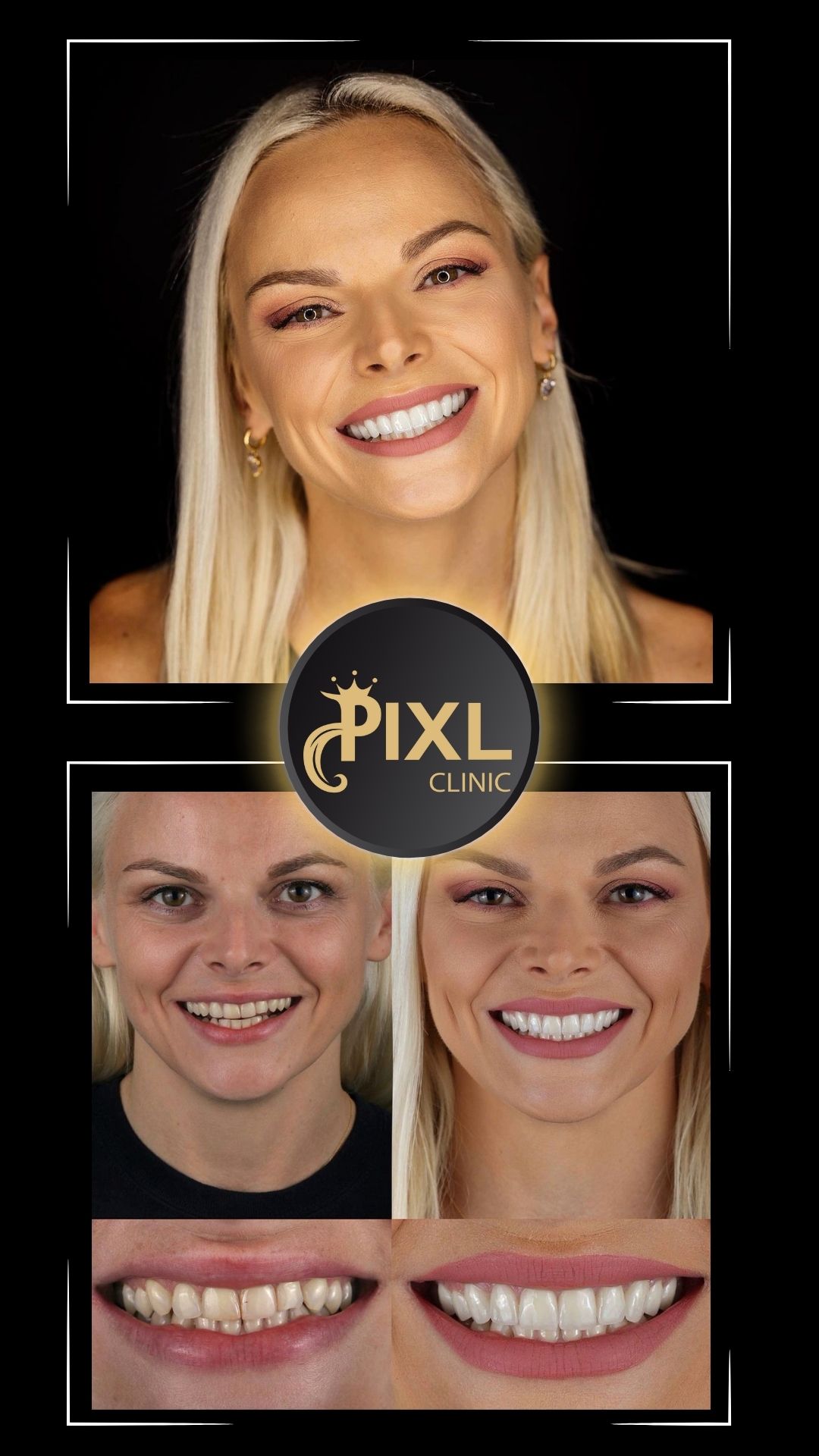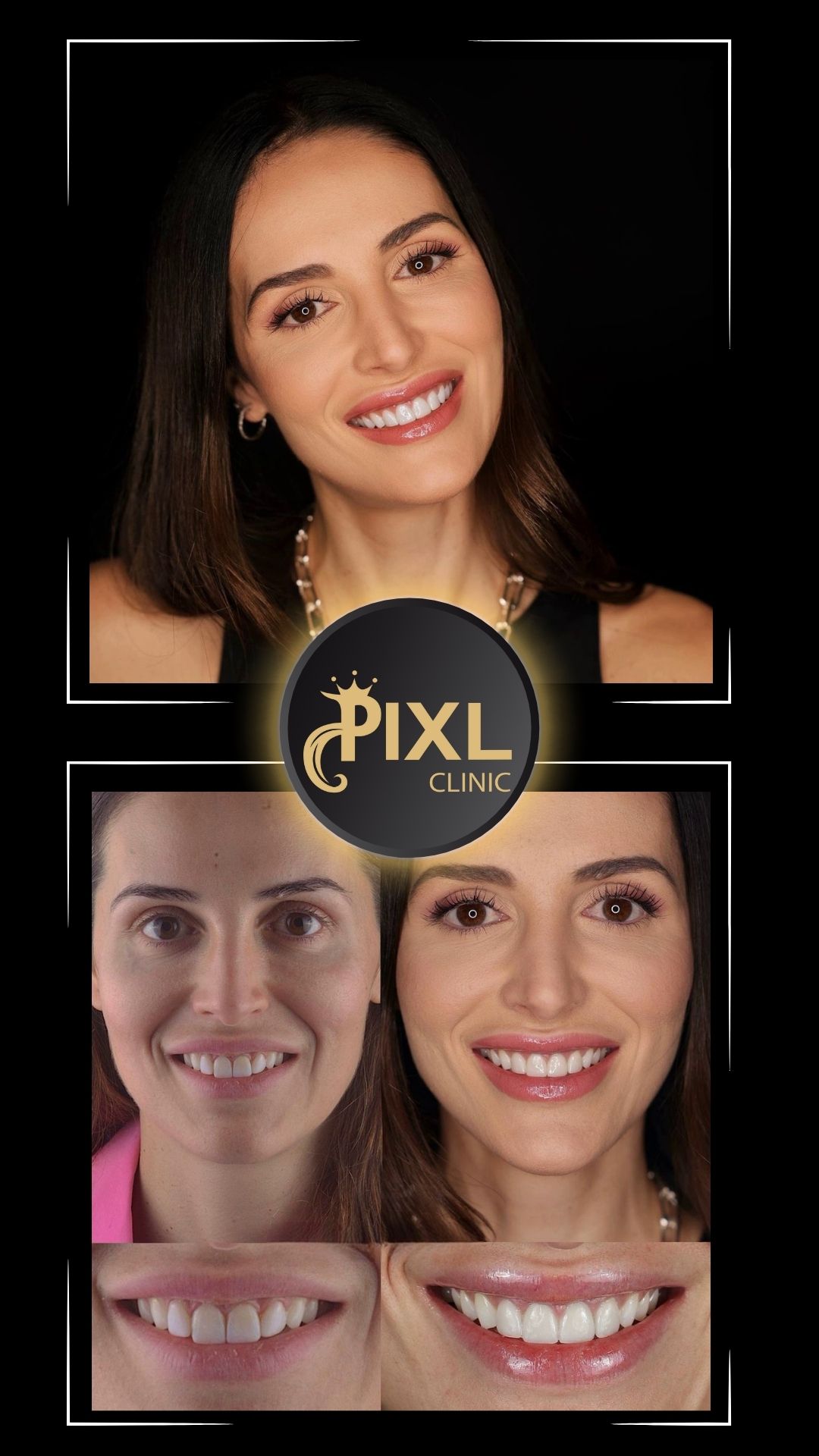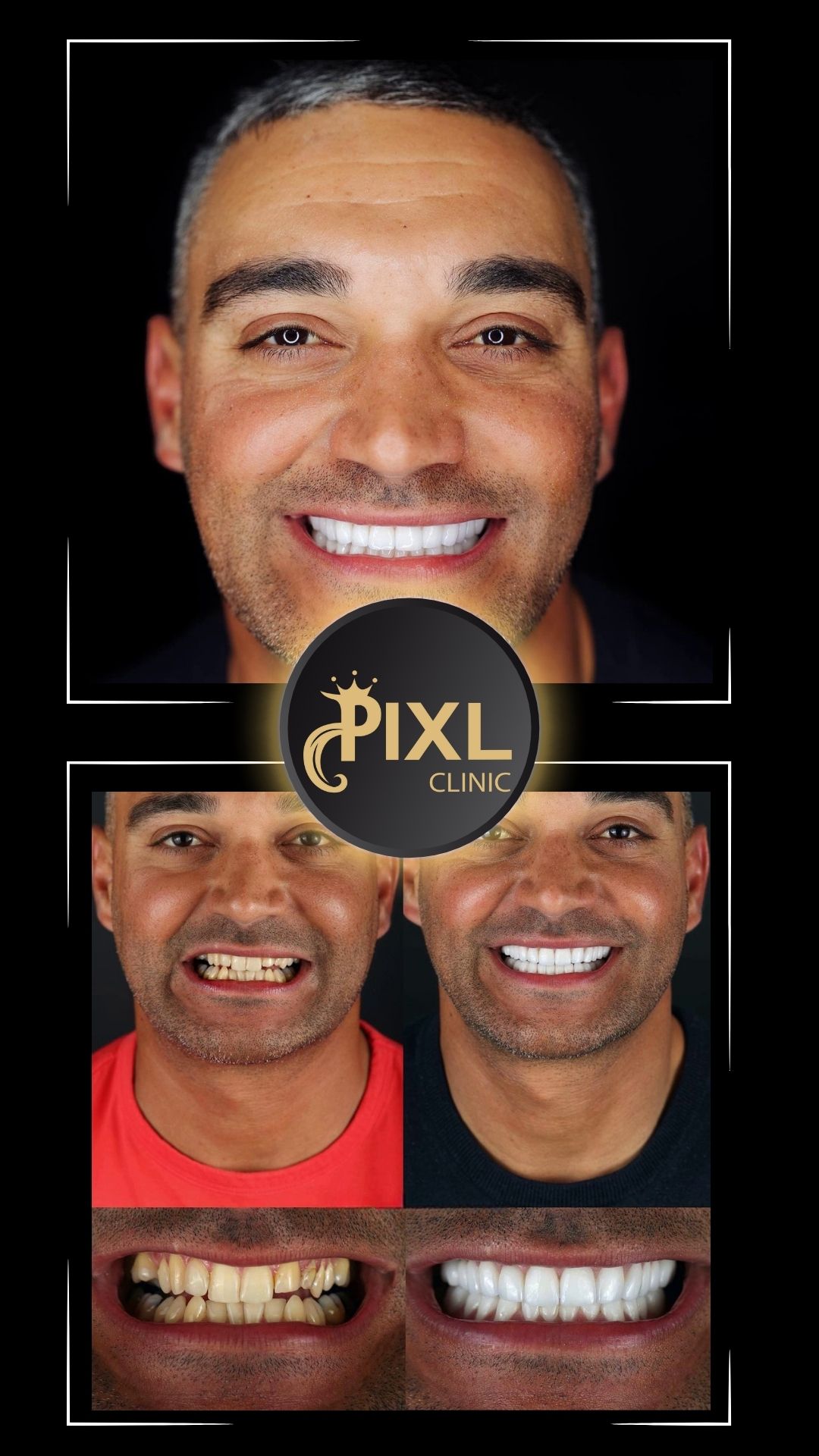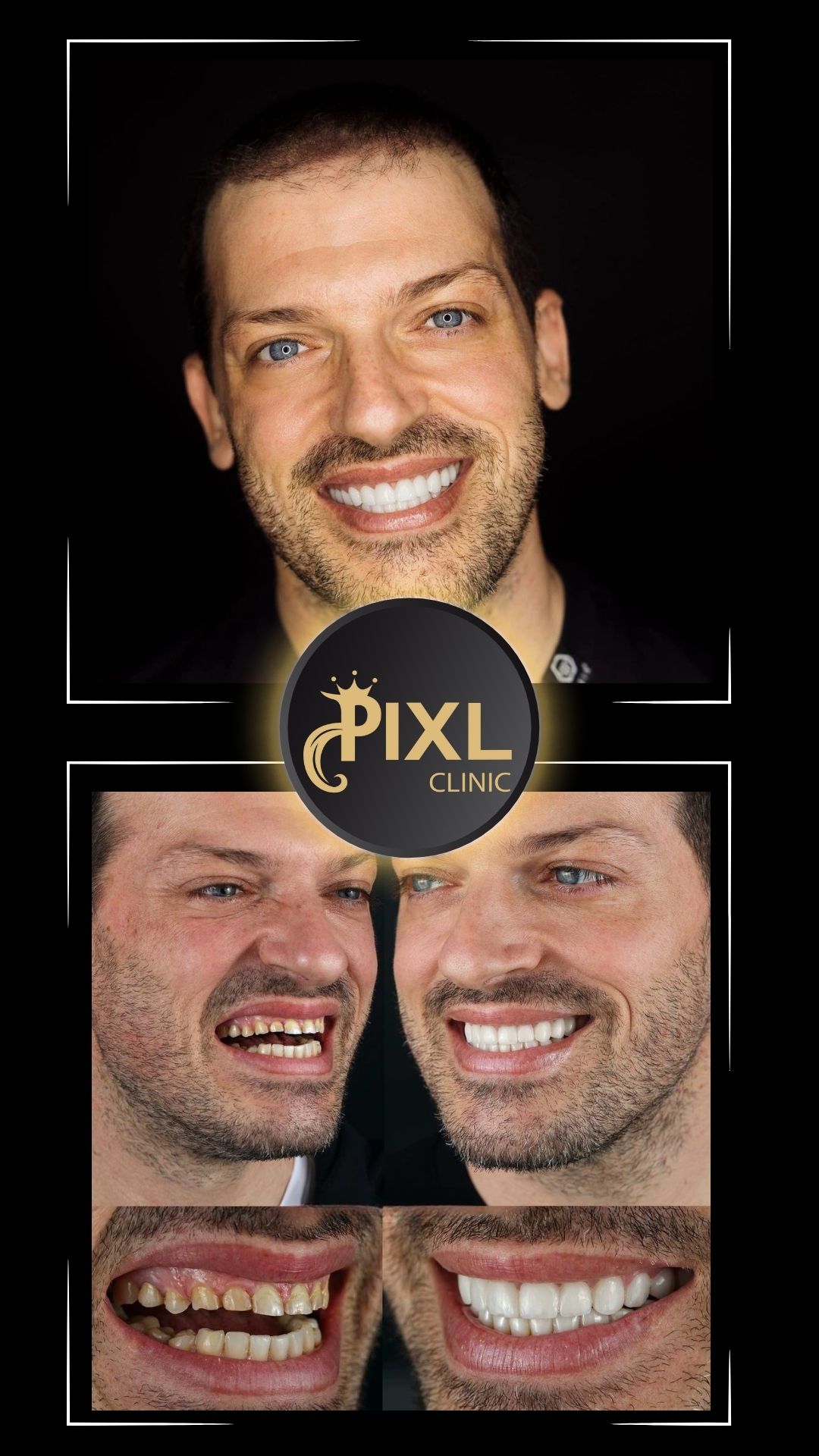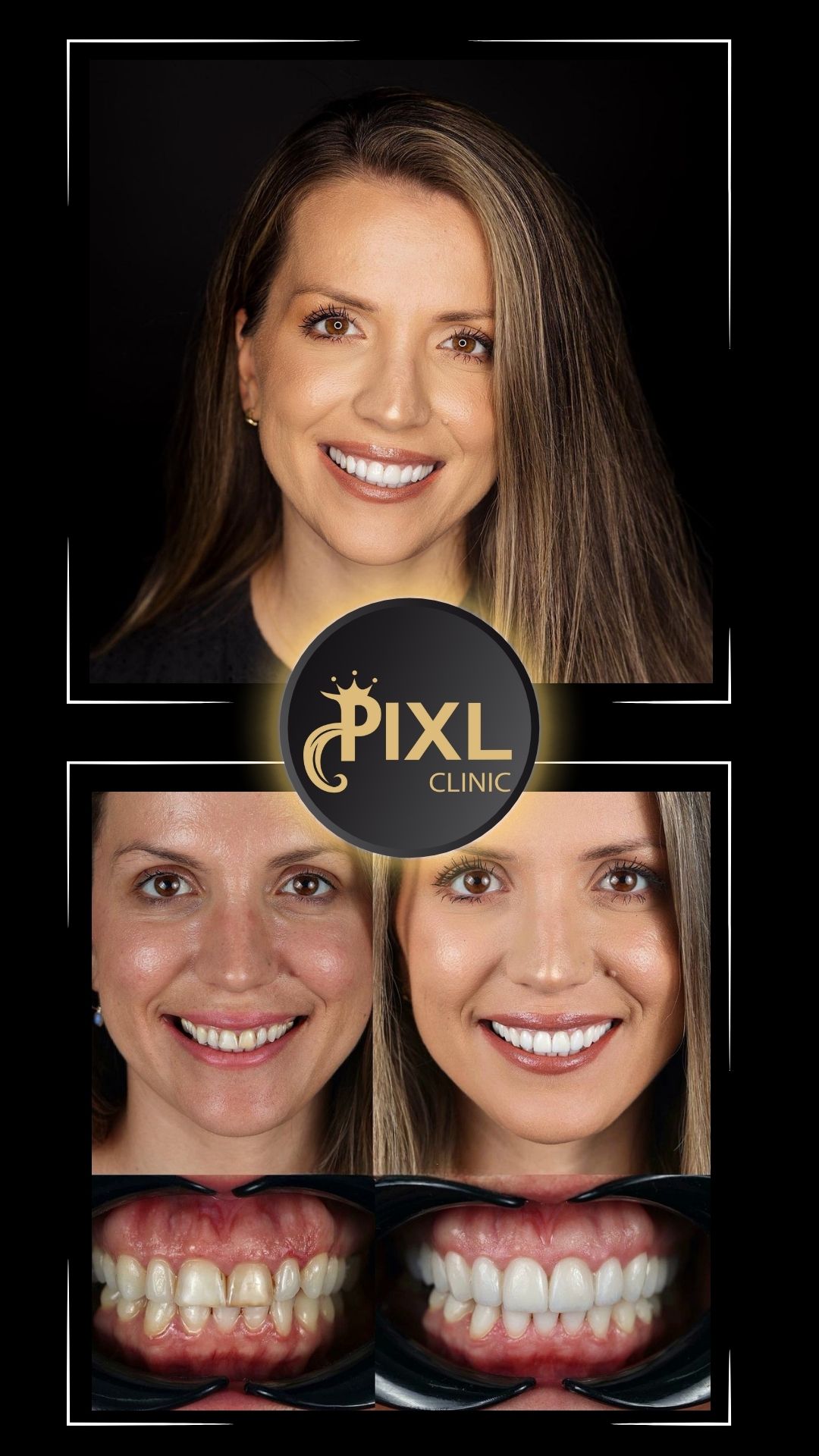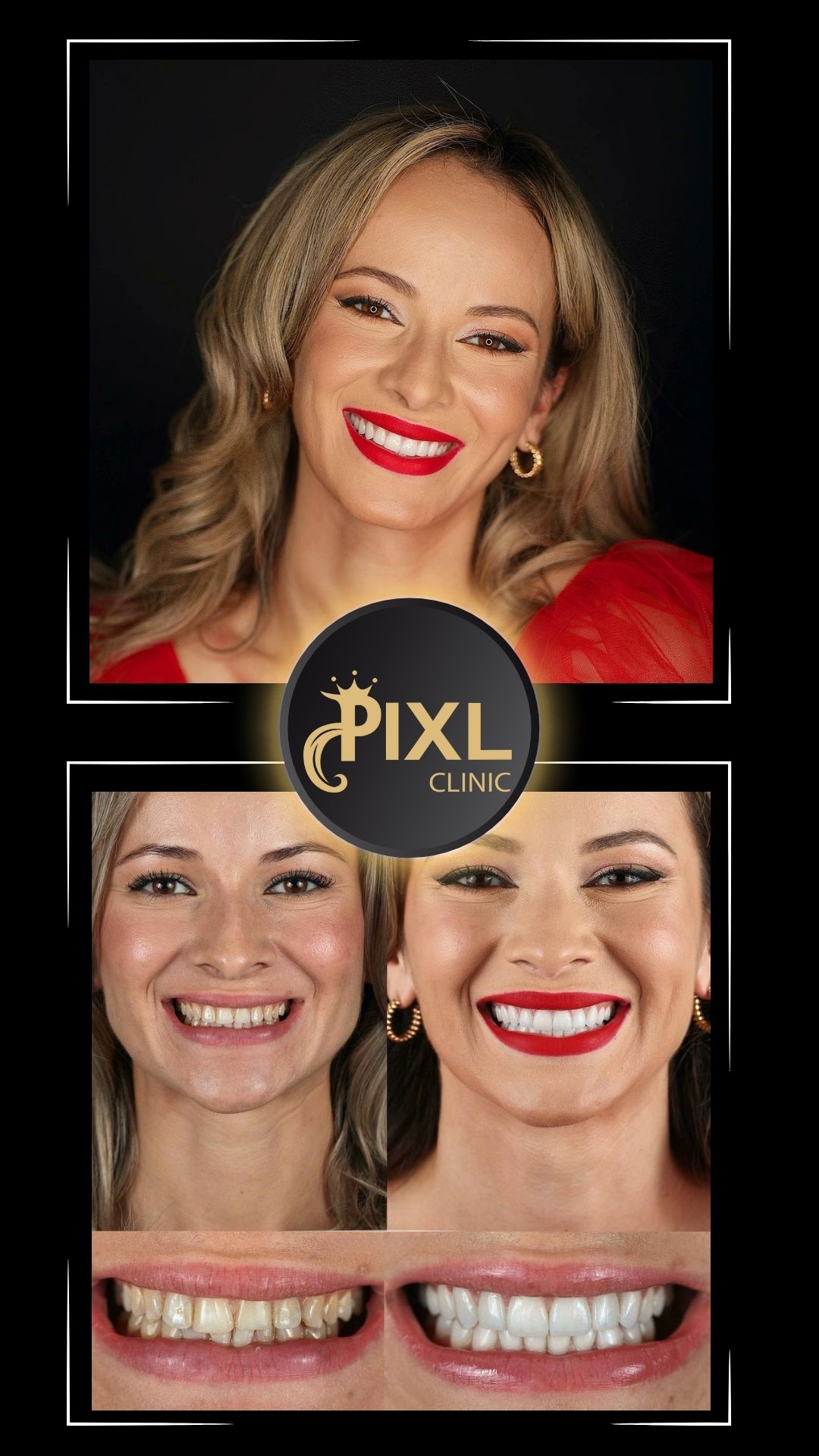Dental Crown Repair: Procedure Steps and Costs Explained
Dental crowns are a common dental solution for restoring the functionality and aesthetics of a damaged tooth. However, like all dental work, crowns are not immune to wear and tear, and sometimes they may require repair. Understanding the procedure and associated costs can help you make informed decisions about your dental health.
Why Do Dental Crowns Need Repairs?
Dental crowns are durable and designed to last for many years. However, they may need repair due to:
- Wear and Tear: Over time, the materials in the crown can weaken, especially if you grind your teeth or chew on hard objects.
- Chips or Cracks: Physical trauma or biting on something hard can cause damage to the crown.
- Decay Under the Crown: If the tooth underneath the crown develops decay, the crown may need to be removed and replaced.
- Loose Crowns: Over time, the adhesive holding the crown in place can weaken, causing it to become loose or fall off.
- Cosmetic Issues: Discoloration or a mismatch with surrounding teeth may prompt a replacement or repair.

Dental Crown Repair Procedure: Step-by-Step
The repair process depends on the type and extent of damage. Here’s what a typical crown repair or replacement involves:
1. Initial Examination
The dentist starts by examining the crown and surrounding teeth using X-rays to assess the damage. This step ensures there are no underlying issues, such as decay or infection.
2. Cleaning the Area
If the crown is loose or has fallen off, the dentist cleans the affected tooth and the crown to remove debris and bacteria.
3. Repairing Minor Damage
- For small chips or cracks, a composite resin or dental bonding material may be applied to restore the crown.
- In some cases, a partial repair with dental cement is enough to secure the crown back in place.
4. Crown Replacement (if necessary)
If the crown is beyond repair:
- The dentist will remove the damaged crown and take impressions of your tooth to create a new custom crown.
- A temporary crown may be placed while the permanent one is being made.
5. Final Placement
The new or repaired crown is cemented back onto the tooth. The dentist ensures the fit is snug and comfortable, with proper alignment for biting and chewing.
How Long Does the Procedure Take?
- Minor Repairs: These can be done in a single appointment, typically lasting 30–60 minutes.
- Crown Replacement: This usually requires two visits. The first visit involves preparing the tooth and taking impressions, while the second visit, scheduled a few weeks later, is for fitting and cementing the new crown.
Cost of Dental Crown Repair
The cost of dental crown repair varies depending on factors like the type of damage, materials used, and your location. Here’s a breakdown of potential costs:
Minor Repairs
- Composite bonding: $100–$200
- Re-cementing a crown: $100–$250
Crown Replacement
- Metal crowns: $140–$200
- Porcelain crowns: $200–$250
- Zirconia crowns: $200–$250
Additional Costs
- X-rays: $50–$200
- Temporary crown: $200–$300
Insurance Coverage
Many dental insurance plans cover a portion of the costs, especially if the crown repair is deemed medically necessary. Coverage can range from 50% to 80%, depending on your plan.
Tips to Extend the Life of Your Dental Crown
- Practice good oral hygiene by brushing and flossing regularly.
- Avoid chewing hard foods or using your teeth to open packaging.
- Wear a mouthguard if you grind your teeth at night.
- Visit your dentist regularly for check-ups and cleanings.
Conclusion
Dental crown repairs are a straightforward process that can restore your smile and dental function. Understanding the procedure and associated costs can help alleviate any anxiety and prepare you for the process. Whether it’s a minor repair or a full replacement, timely action is key to maintaining your oral health.
If you suspect an issue with your dental crown, don’t delay in seeking professional advice. Early intervention can save you time, money, and discomfort in the long run. Always consult with a qualified dentist to determine the best course of action for your specific needs.
FAQs About Dental Crown Repair
What is a dental crown?
A dental crown is a cap placed over a damaged, decayed, or weakened tooth to restore its shape, strength, and function. Crowns can be made from materials such as porcelain, metal, resin, or ceramic.
How do I know if my dental crown needs repair?
Signs that your crown may need repair include:
- Pain or sensitivity in the crowned tooth
- Visible cracks or chips
- A loose or dislodged crown
- Gum irritation or swelling around the crown
- Difficulty chewing or biting properly
Can a cracked dental crown be repaired, or does it need to be replaced?
It depends on the extent of the crack. Minor cracks or chips can often be repaired using dental bonding materials. However, a crown with significant damage or structural compromise will typically need to be replaced.
How long does a dental crown repair take?
- Minor Repairs: These can often be completed in one visit, lasting 30–60 minutes.
- Crown Replacement: This usually requires two visits—one for tooth preparation and impressions, and another to place the new crown. The entire process may take 2–3 weeks if a lab is involved.
Is dental crown repair painful?
The procedure is usually painless. Dentists use local anesthesia when needed to ensure your comfort, especially if the tooth underneath is sensitive or decayed.
Will my insurance cover crown repair or replacement?
Most dental insurance plans cover medically necessary crown repairs or replacements, typically at 50%–80% of the cost. Cosmetic repairs may not be covered. Consult your provider for specifics.
What should I do if my crown falls off?
- Contact your dentist immediately.
- Keep the crown safe to bring it to your appointment.
- Avoid chewing on the affected side and stick to soft foods until it is repaired or replaced.
How can I prevent my dental crown from getting damaged?
- Avoid chewing hard or sticky foods.
- Maintain good oral hygiene.
- Wear a mouthguard if you grind your teeth.
- Visit your dentist regularly for check-ups and cleanings.
How long does a dental crown last?
With proper care, dental crowns can last 10–15 years or more. The lifespan depends on the material of the crown, your oral habits, and overall dental hygiene.
Can I repair my dental crown at home?
No, dental crown repairs require professional equipment and expertise. Temporary fixes, like dental cement from a pharmacy, can help secure a loose crown temporarily, but you should see a dentist as soon as possible.
What materials are best for dental crowns?
The best material depends on the location of the tooth and your preferences:
- Metal Crowns: Durable and ideal for molars.
- Porcelain Crowns: Natural-looking and suitable for front teeth.
- Zirconia Crowns: A strong, aesthetic option for both front and back teeth.
Can a repaired or replaced crown look as natural as the original?
Yes! Modern dental techniques and materials allow crowns to be repaired or replaced with results that look indistinguishable from natural teeth.
What happens if I ignore a damaged crown?
Ignoring a damaged crown can lead to:
- Tooth decay or infection under the crown
- Pain and discomfort
- Further damage to the tooth or crown
- The need for more extensive (and costly) treatment like a root canal or extraction
How do I choose the right dentist for crown repair?
Look for a dentist with experience in restorative dentistry, positive reviews, and a practice that uses advanced technology for precision and comfort. If you have dental insurance, ensure the dentist is in-network for better cost coverage.

